When scientists look at the Earth's available water for ecosystem services, they don't just look at precipitation. They must also account for water moving from the ground to the atmosphere, a process known as evapotranspiration (ET).
An AI model to reduce uncertainty in evapotranspiration prediction retrieved 30 April 2024 from https://phys.org/news/2024-04-ai-uncertainty-evapotranspiration.html
This document is subject to copyright. Apart from any fair dealing for the purpose of private study or research, no part may be reproduced without the written permission. The content is provided for information purposes only.Nov 23, 2022Use this form if you have come across a typo, inaccuracy or would like to send an edit request for the content on this page. For general inquiries, please use ourThank you for taking time to provide your feedback to the editors.
Your feedback is important to us. However, we do not guarantee individual replies due to the high volume of messages.to let the recipient know who sent the email. Neither your address nor the recipient's address will be used for any other purpose. The information you enter will appear in your e-mail message and is not retained by Phys.org in any form.Get weekly and/or daily updates delivered to your inbox.
Physics News Science News Technology News Physics Materials Nanotech Technology Science
United Kingdom Latest News, United Kingdom Headlines
Similar News:You can also read news stories similar to this one that we have collected from other news sources.
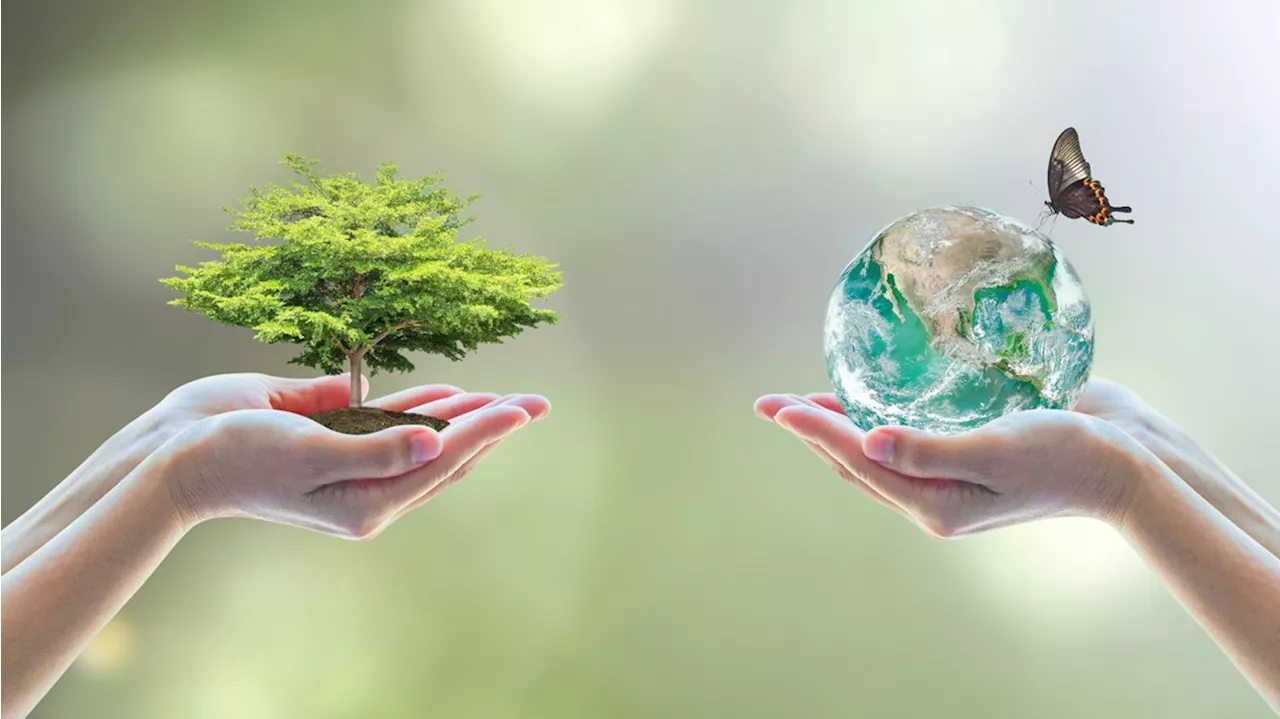 Why on Earth do we celebrate Earth Day?Earth day is coming up on Monday but do you know what Earth Day actually is. Or why we celebrate?
Why on Earth do we celebrate Earth Day?Earth day is coming up on Monday but do you know what Earth Day actually is. Or why we celebrate?
Read more »
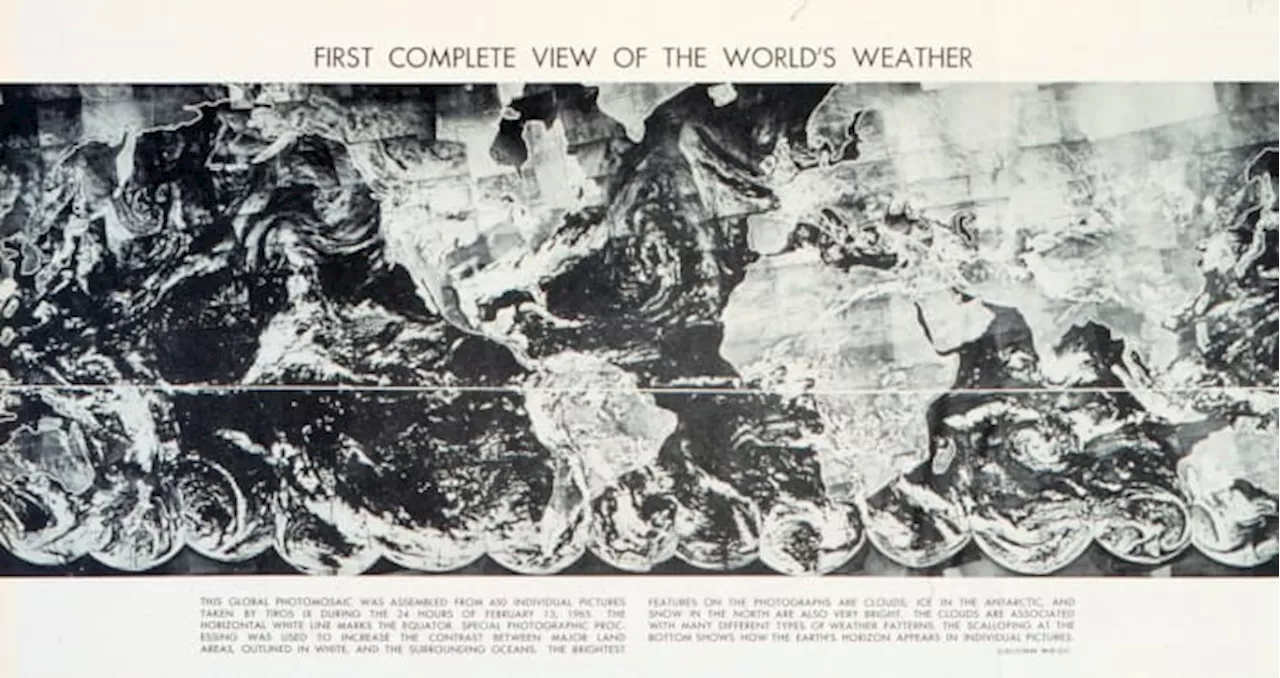 Celebrating Earth Day: The first satellite images of the earth were taken 64 years agoTIROS 1 was the first weather satellite, launched in 1960
Celebrating Earth Day: The first satellite images of the earth were taken 64 years agoTIROS 1 was the first weather satellite, launched in 1960
Read more »
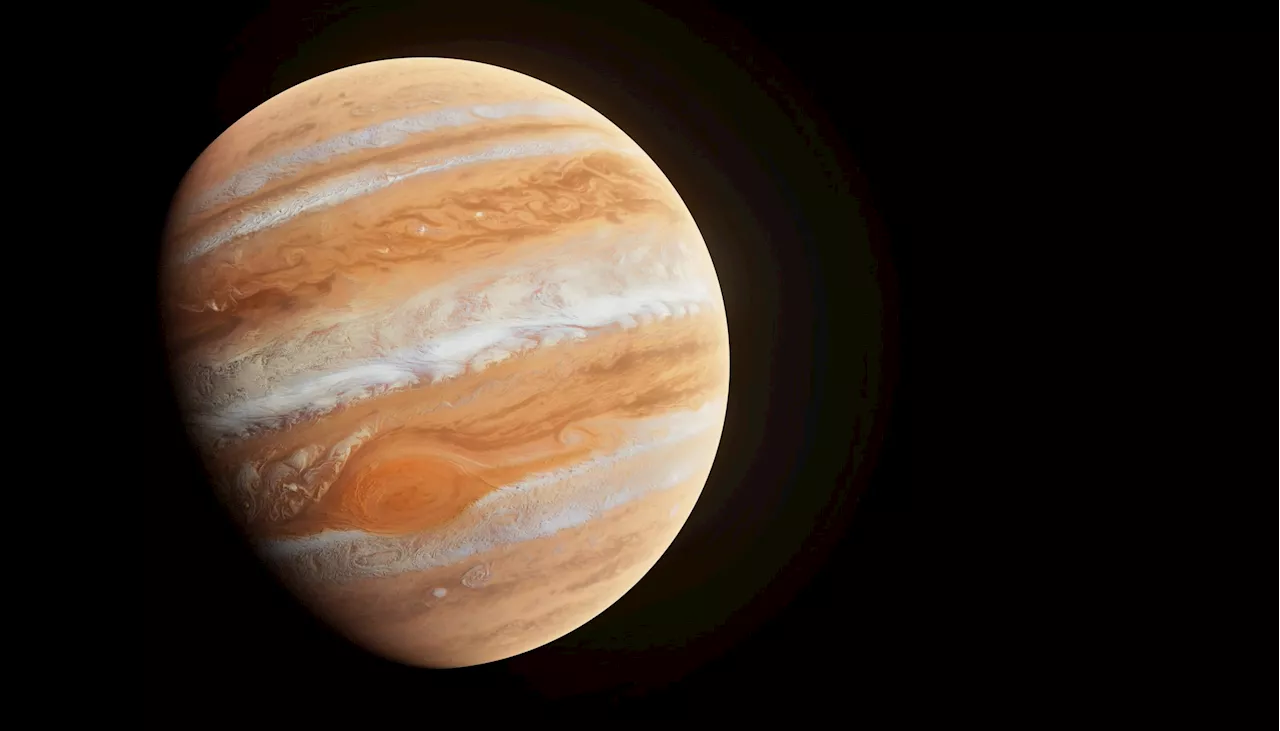 Unraveling water mysteries beyond Earth: Ground-penetrating radar will seek bodies of water on JupiterFinding water on distant planets and moons in our solar system is a challenge, especially when the instrument is thousands of kilometers away from the surface, but scientists presenting at the European Geosciences Union General Assembly describe how ground-penetrating radar is used to discover bodies of water below the surface of distant planets...
Unraveling water mysteries beyond Earth: Ground-penetrating radar will seek bodies of water on JupiterFinding water on distant planets and moons in our solar system is a challenge, especially when the instrument is thousands of kilometers away from the surface, but scientists presenting at the European Geosciences Union General Assembly describe how ground-penetrating radar is used to discover bodies of water below the surface of distant planets...
Read more »
 Satellites in Low Earth Orbit Affected by Bad Space WeatherSatellites in low Earth orbit (LEO) can deviate from their expected trajectories when bad space weather occurs, causing problems for the International Space Station, China's Tiangong space station, and Earth-observing satellites. The accuracy of these satellites is affected by space weather, with the lower altitudes experiencing a bigger problem due to the variations in Earth's upper atmosphere density. Higher density leads to more drag, slowing down the satellites and causing them to sink towards Earth.
Satellites in Low Earth Orbit Affected by Bad Space WeatherSatellites in low Earth orbit (LEO) can deviate from their expected trajectories when bad space weather occurs, causing problems for the International Space Station, China's Tiangong space station, and Earth-observing satellites. The accuracy of these satellites is affected by space weather, with the lower altitudes experiencing a bigger problem due to the variations in Earth's upper atmosphere density. Higher density leads to more drag, slowing down the satellites and causing them to sink towards Earth.
Read more »
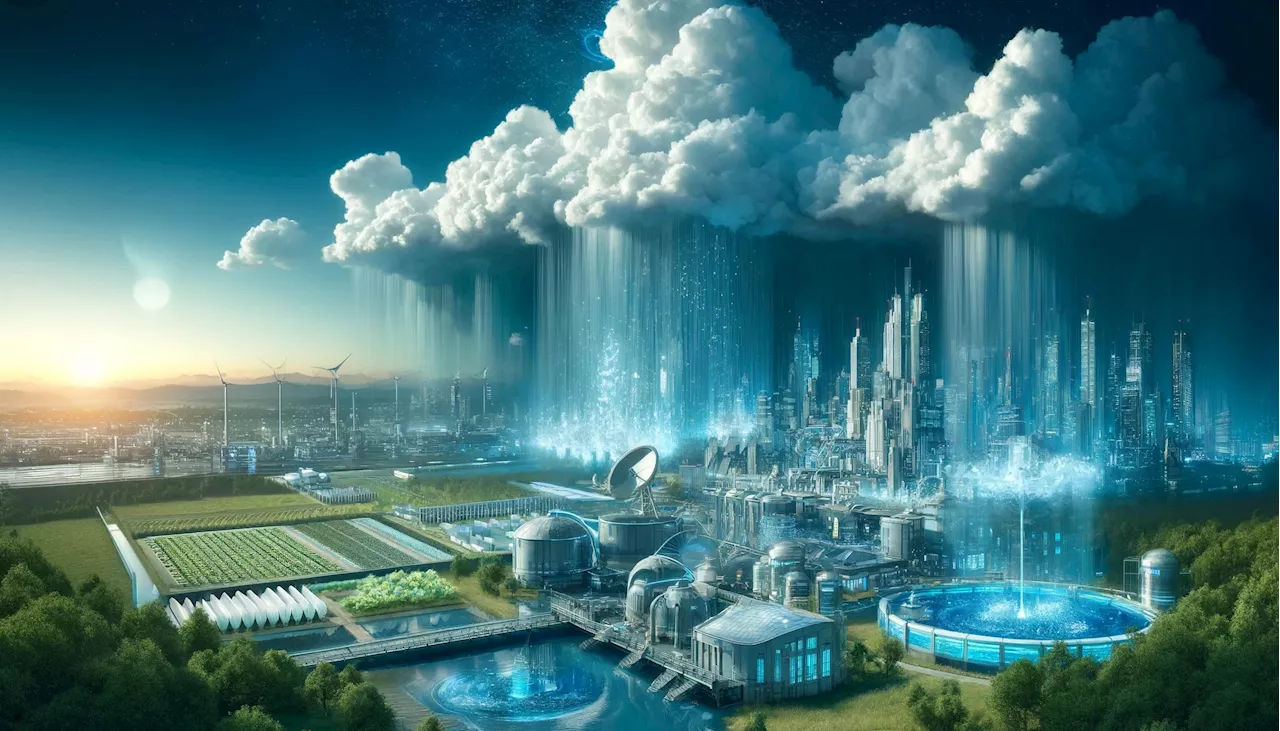 Human Activities Reshape Earth's Water Cycle, Impacting Cloud Formation and PrecipitationNew research explores the future of water management in the midst of changing environmental dynamics caused by human activities. Land use change and weather modification activities are altering cloud formation and precipitation patterns, posing challenges for water use planning in the face of climate change.
Human Activities Reshape Earth's Water Cycle, Impacting Cloud Formation and PrecipitationNew research explores the future of water management in the midst of changing environmental dynamics caused by human activities. Land use change and weather modification activities are altering cloud formation and precipitation patterns, posing challenges for water use planning in the face of climate change.
Read more »
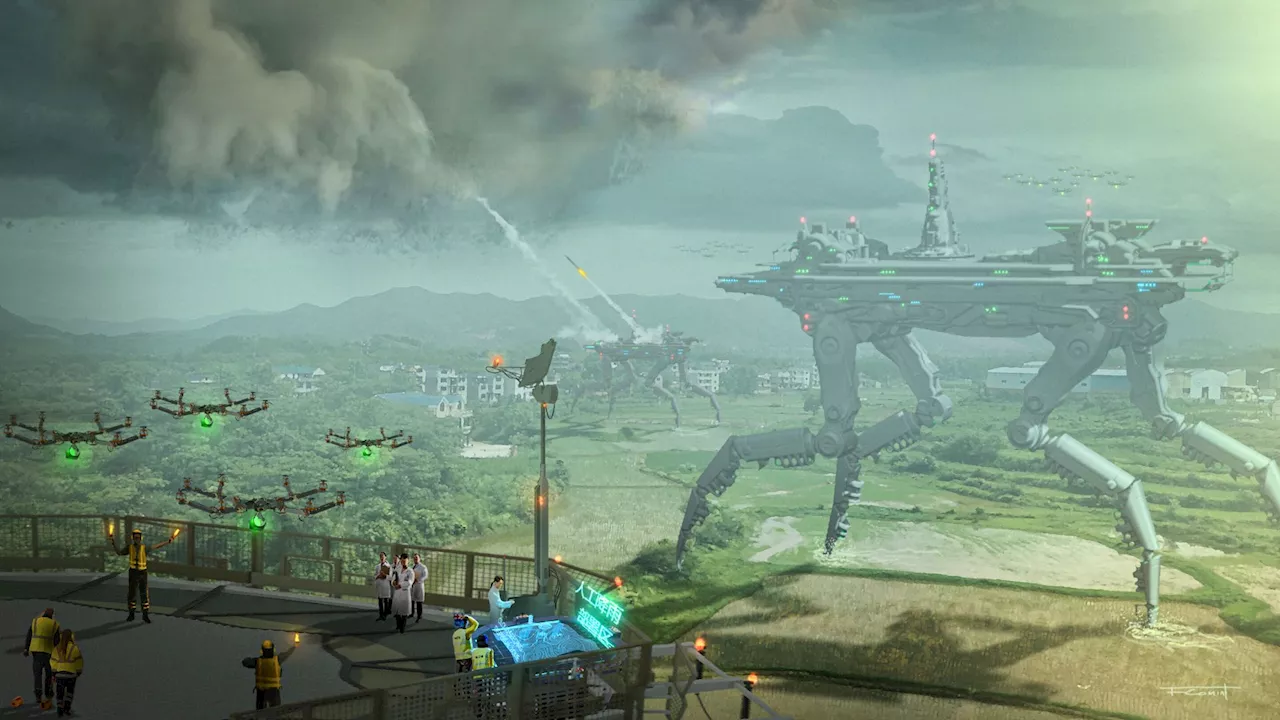 Earth’s water future veers into sci-fi territory, researchers sayCould weather control lead to water wars? Scientists are using science fiction to make us confront the potential horrors of a water-scarce future
Earth’s water future veers into sci-fi territory, researchers sayCould weather control lead to water wars? Scientists are using science fiction to make us confront the potential horrors of a water-scarce future
Read more »
